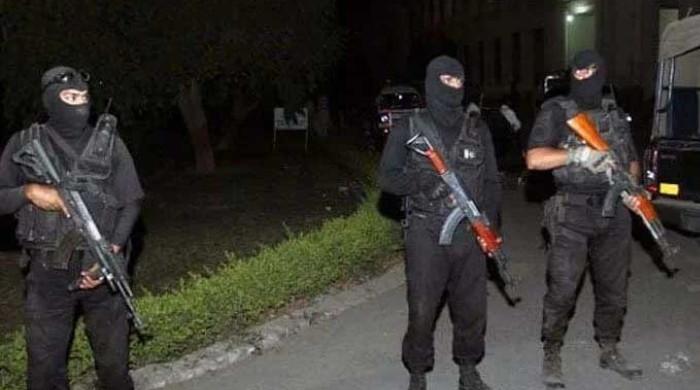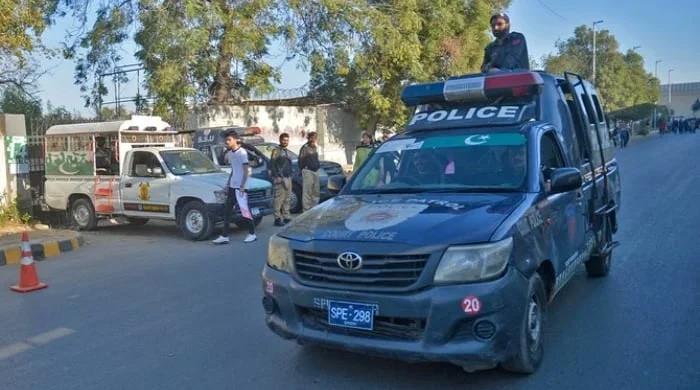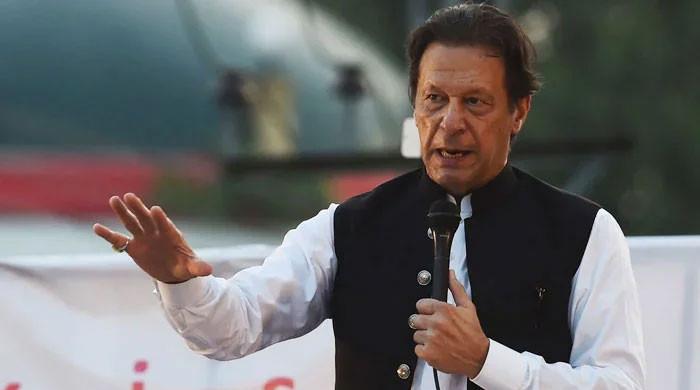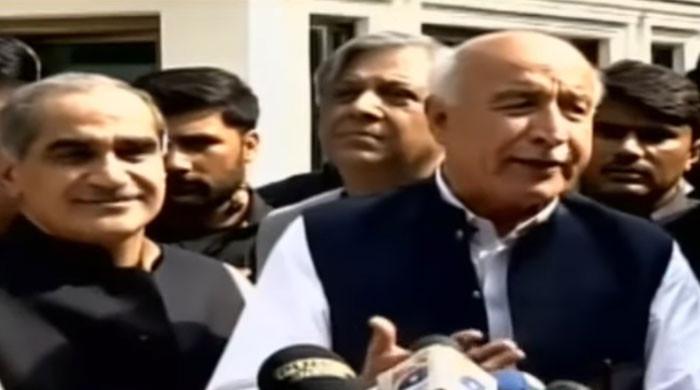Smog continues to paralyse life in Lahore as city sits atop AQI ranking
City's hazardous air makes breathing difficult, leaving citizens prone to respiratory illnesses
November 07, 2024
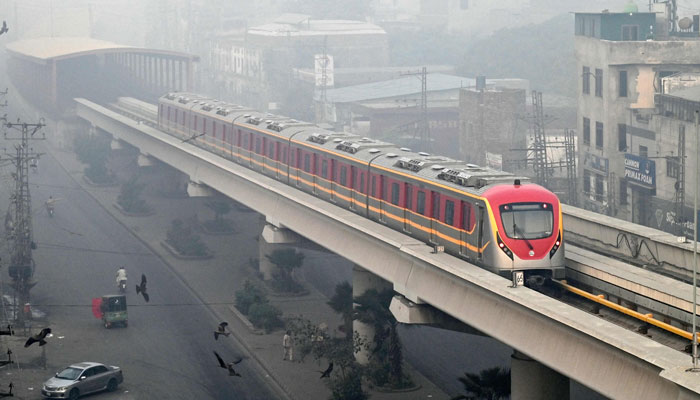
- Early Thursday morning, Lahore AQI levels exceeded 800.
- Doctors advise residents to wear masks when going outdoors.
- Educational institution ordered to conduct online classes.
LAHORE: Life in Punjab's capital remains severely impacted by rising smog levels, with air quality hovering in the hazardous zone for weeks.
Early Thursday morning, Lahore sat atop the Air Quality Index (AQI) ranking with level exceeding 800 and has consistently reigned the list even until after 9am with 784, as per data from Swiss air quality monitor IQAir.
Lahore's atmosphere has remained dangerous for its residents for weeks following its position as being one of the cities with the world’s highest AQI, with levels consistently exceeding 1,000 due to winds carrying pollution from neighbouring India, Punjab’s Senior Minister Marriyum Aurangzeb noted on Wednesday.
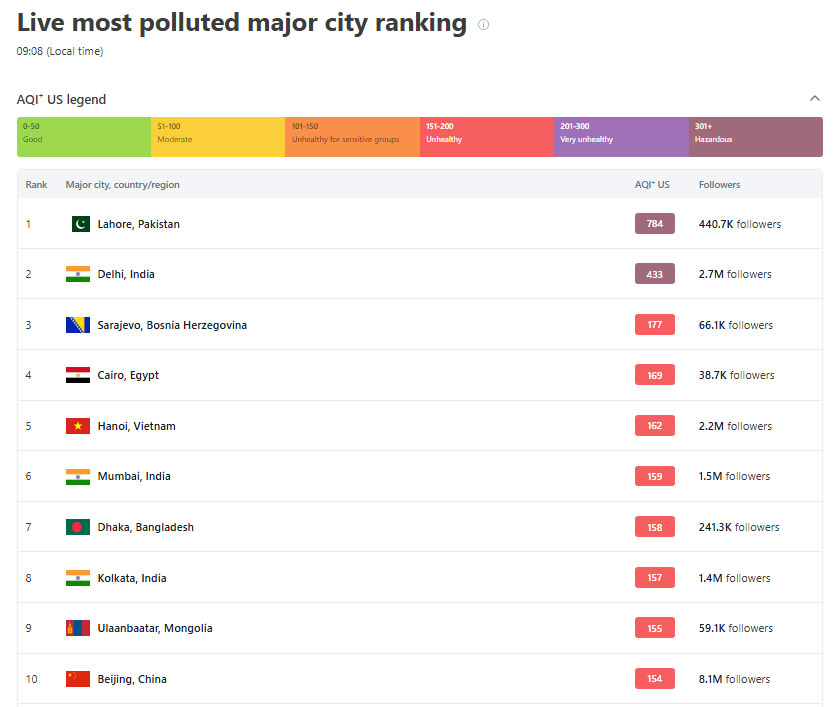
This prolonged exposure has increased hospital admissions for respiratory issues, with Lahore and other cities like Multan, Kasur, Sheikhupura, and Gujranwala severely affected.
The persistent dangerous atmosphere has made it difficult for citizens to breathe, leaving them vulnerable to respiratory diseases, as they struggle to continue with their daily activities,
Doctors have advised the residents of Lahore to wear masks when stepping outside their homes.
On the other hand, private and government educational institutions, teaching up to the higher secondary level, in the city as well as other Punjab districts have also been closed by the government till November 17, as per notification.
Meanwhile, Punjab education department has ordered to keep tuition centers and academies closed.
"All educational institutions will shift to online classes," the notification read.
The notification was issued after Aurangzeb, a day earlier, announced the closure in a presser at the Chief Minister’s House.
She confirmed that schools in Lahore, Gujranwala, Faisalabad, and Multan divisions will transition to online classes until 17 November, prioritising public health amidst rising pollution levels.
“Today, the air quality index (AQI) is 1,150. Yesterday, the air quality index remained at 500, which is very dangerous,” Aurangzeb explained, urging parents to keep children indoors and shift to online schooling. She also emphasised that this shift is not a holiday but a measure to mitigate exposure to dangerous air pollutants.
In addition to closing schools, Punjab has introduced a mandatory mask policy for public spaces. Public and private offices have been directed to adopt a 50% work-from-home policy, and all government meetings are to be held online until further notice.
Aurangzeb stated that specific targets have been set for health, agriculture, and environmental departments to combat pollution. The recently established Smog War Room monitors air quality data around the clock and coordinates efforts across departments.




